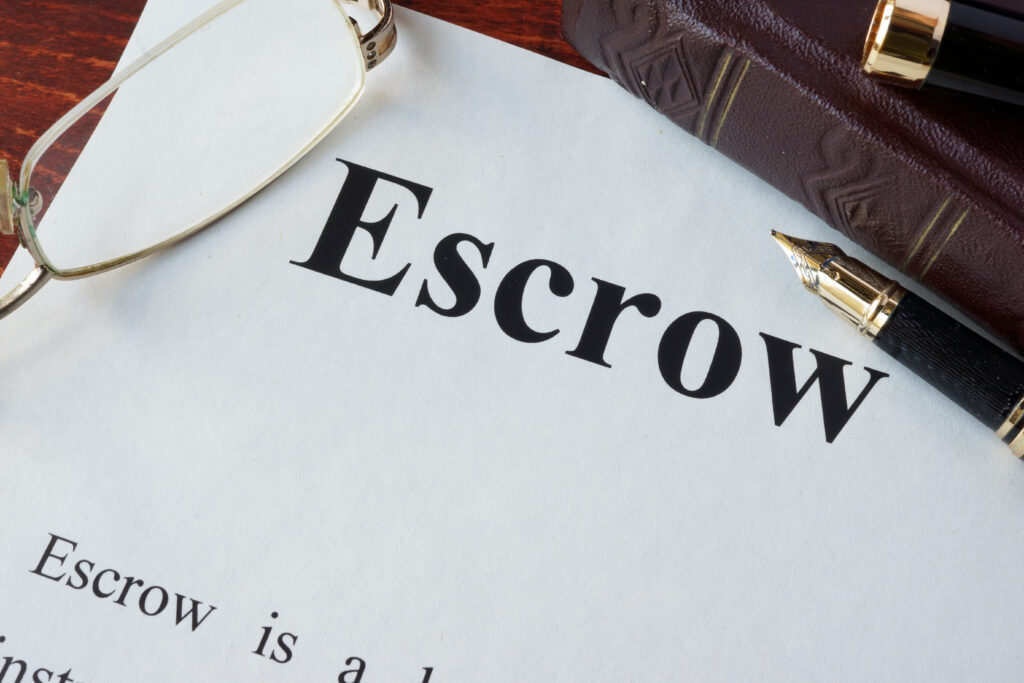Mortgage lenders often require borrowers to have an escrow account. This is especially true if a borrower has a FHA loan or has put down less than 20% on the home. Escrow is when a neutral third party holds on to funds during real estate transactions and dispenses those funds when and where they are needed. Depending on the lender, having an escrow account may lower loan interest rate or closing costs.
 Escrow Removes Risk For All Parties
Escrow Removes Risk For All Parties
Escrow removes risk for all parties involved in the transaction. Because funds are held in escrow, all parties can rest assured that their funds and assets are secure.
For sellers, it prevents the buyer from making multiple offers on multiple homes in the form of earnest money, or money put down on the home to show the seller their commitment. If a buyer backs out of the deal without a legitimate reason, the money held in escrow goes to the seller.
For buyers, escrow keeps their money safe and protects them in events such as the inspection revealed a repair that must be made, such as a leaking roof. If the seller agrees to repair the roof, the buyer’s money is safe until the issue is completely and correctly resolved.
Escrow Helps Manage Home Loans & Other Payments
The money held in escrow will help pay for a home’s down payment, closing costs, and after the home is purchased:
- Property taxes
- Home insurance
Because the money is being held in escrow, tax bills and insurance renewal payments are automatically paid on time, helping avoid penalties.
Borrowers can choose to waive escrow and pay these costs yourself. If they choose to do so, borrowers will be required to pay taxes and insurance fees in a lump sum each year, and lenders may charge a fee for waiving escrow. Escrow costs are included in good faith estimates for borrower review.


